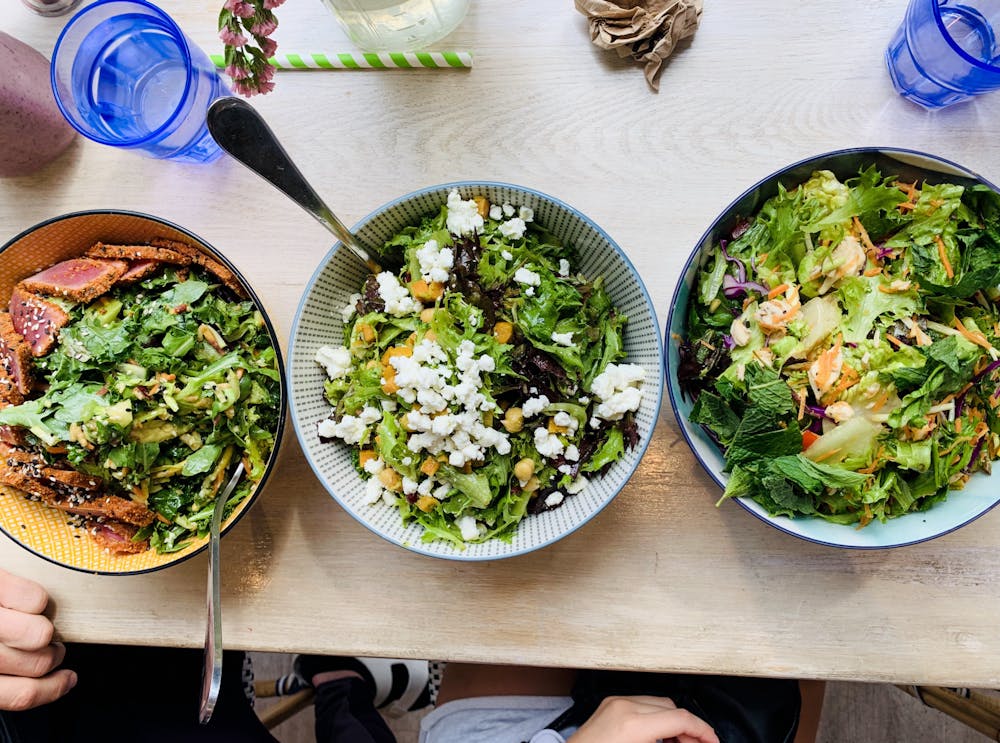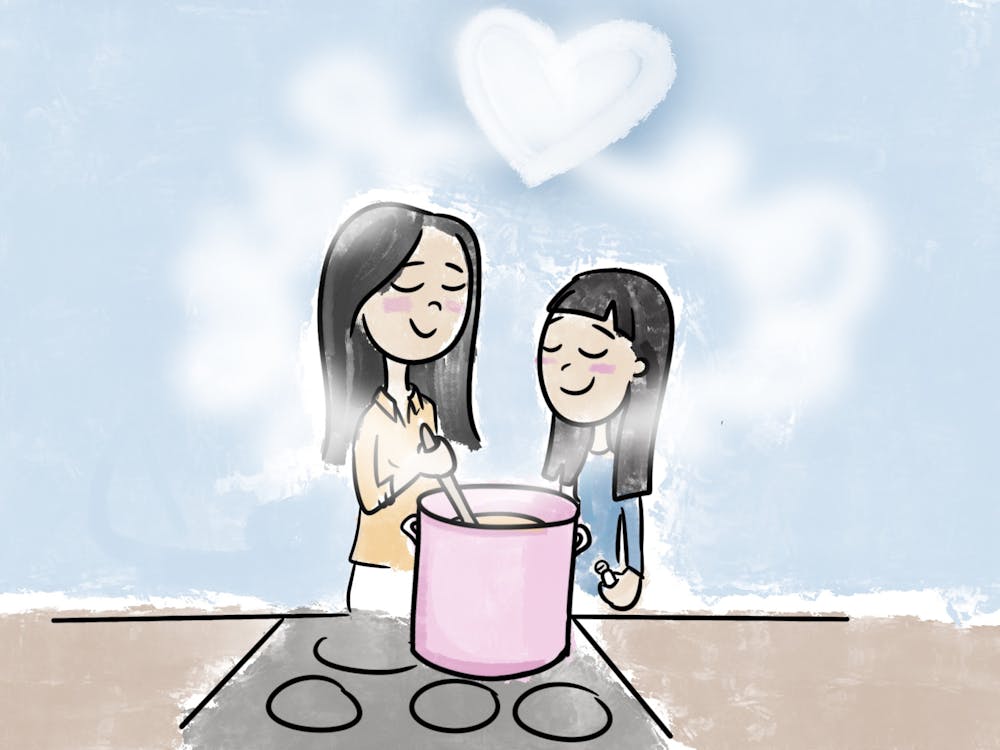The wellness industry has been a smashing success the past few years with a $4.2 trillion market in 2017. Wellness is defined as “the state of being in good health,” but has been marred by the industry’s commercialization of avocado toast, the elimination of dairy and gluten, intermittent fasting, replacing every grain with cauliflower, using expensive skin care products — the list goes on.
To get a better sense of how the industry impacts college students, I spoke to University students to get an idea of what wellness means to them. Third-year College student Jeanne Rockwell said she often views “wellness” as how it’s defined on her social media.
“Sometimes my popular page can be littered with dieting tactics and weight loss tricks,” Rockwell said. “It must sense my self-esteem issues.”
Wellness influencers have taken over the space of Instagram in many ways, acquiring sponsors and polluting feeds with posts promoting fad diets, photoshopped bodies, skin care routines and workout regimens, most of the time with no credentials backing their “expertise,” they are chosen for being “on brand.”
“No-guilt recipes” circulate endlessly on social media, implying that the normal version of said recipe should make you feel guilty. Paleo, keto and gluten-free diets plague social media feeds of those who don’t need to be restricting themselves in this way. These diets have gone beyond the necessary dietary restrictions they are for some to become fashionable, trendy fads.
In fact, using diet hashtags has become a commodity in the wellness space on social media because these buzzwords get so much traction. Most influencers in the wellness community are making large amounts of money by posting pictures of herbal teas or health packages. Even micro-influencers — those with 10,000-50,000 followers — can make over $100,000 each year from sponsored posts.
A majority of the claims made by influencers are backed by pseudoscience and diet culture. The wellness industry itself is backed largely by the diet and weight loss industry. These industries are hyperfocused on somehow changing a person or at least a part of them, which only fuels insecurity, and it has worked. Instagram had to ban diet advertisements for fueling negative body image perceptions.
The center of wellness in this regard is weight loss. It indirectly demonizes larger people, practices and food, indoctrinating the idea that “thin” is what it means to be “healthy.” In reality, what results from framing unrealistic body standards and overly-promoting clean eating are eating disorders, fatphobia and body shaming — all of which are correlated with depression, body dysmorphia, lower self-esteem and more.
The wellness industry within the media also requires money and is, therefore, highly exclusive. Third-year College student Emily Elmore reflected on the inherently privileged commodities of the wellness community. Not everyone can afford weekly spin classes and $9 green juices.
“Money and time are definitely factors that affect people’s motivation to pursue a healthier lifestyle, especially college students,” Elmore said.
However, if you’re anything like me, you’ve participated — and continue to participate — in wellness culture. You’ve been influenced and have, as a result, bought products, adopted new habits and maybe even changed your diet.
But it’s not all bad. The industry genuinely helped me find balance in my life in the realm of food and fitness — something I believe everyone should find for themselves. Ironically, both food and fitness practices are central to my life. Eating a diet filled with whole foods works wonders for my body.
It also introduced me to more sustainable, environmentally-friendly practices, which are invaluable during the climate crisis we are facing today. Buying local, organic and even eating meatless when I can has allowed me to support small businesses, divert income from corrupt industries and promote good environmental practices that can help combat climate change. However, there is a difference between engaging in these practices to be sustainable or because you think it’s trendy.
Wellness can be promoted without demonizing body types. Instead of focusing on changing your body, you can focus on changing your mind with positive behaviors like getting enough sleep, which has been linked to good health. Sometimes it’s OK to just watch Netflix and eat a cookie.
For the longest time, the concept of maintaining proper wellness as perpetuated by the media controlled my life and made me think that doing anything other than what I saw promoted was bad — and that is the problem. It was only by taking a step back and removing myself from the narratives framed by the media that I could begin to acquire agency over my own definition of wellness.
The next time you view “advice” or see products on media connected to wellness, take a step back and think about the motives behind the content you are seeing and the credentials behind those making the assertions. Do your own research — recognize that you are your biggest advocate and can only decide what works best for your body and mind.
Wellness isn’t about changing yourself or fitting into a certain idea. Wellness is mental and physical health, recognizing that you don’t have to sacrifice one for the other. Wellness should be genderless, classless and raceless. Because above all, wellness is whatever works best for you.
If you are struggling or you know someone who is struggling with an eating disorder, please reach reach out for help. For eating disorders, text “NEDA” to 741741 and visit the National Eating Disorders Association website for many more resources. The University Women’s Center is also a great outlet.





